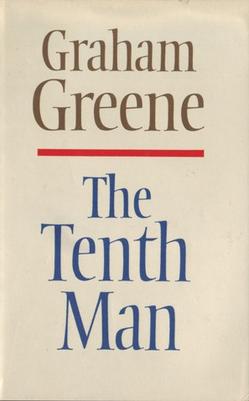Plot summary
The story begins in a prison in occupied France during the Second World War. It is decreed that one in every ten prisoners is to be executed; lots are drawn to decide who will die. One of the men chosen is a rich lawyer. He offers all his money to anyone who will take his place. One man agrees. Upon his release from prison the lawyer must face the consequences of his actions.
The story comprises four parts. In Part I, set in prison, the occupying German guards issue a decimation order to the thirty inmates. One of the three chosen by drawing lots is a rich lawyer named Chavel. Chavel becomes hysterical and desperately offers his entire wealth to any man willing to die in his place. A young man, Michel Mangeot, known as Janvier, who is dying of tuberculosis, accepts his offer and is executed as Chavel in the morning.
In Part II, the war is over and Chavel is alive and free, but virtually destitute. He returns to the house he sold for his life and finds it occupied by Janvier's mother and sister, Thérèse. Assuming the false name Charlot, he becomes their servant.
Part III sees the arrival of an impostor, named Carosse, who claims to be Chavel. Carosse attempts to denounce Charlot, win the favour of Thérèse and stake a claim on the property.
Finally in Part IV, Charlot, having fallen in love with Thérèse, must save her from Carosse, as a means of redemption from his earlier cowardice.
This page is based on this
Wikipedia article Text is available under the
CC BY-SA 4.0 license; additional terms may apply.
Images, videos and audio are available under their respective licenses.
